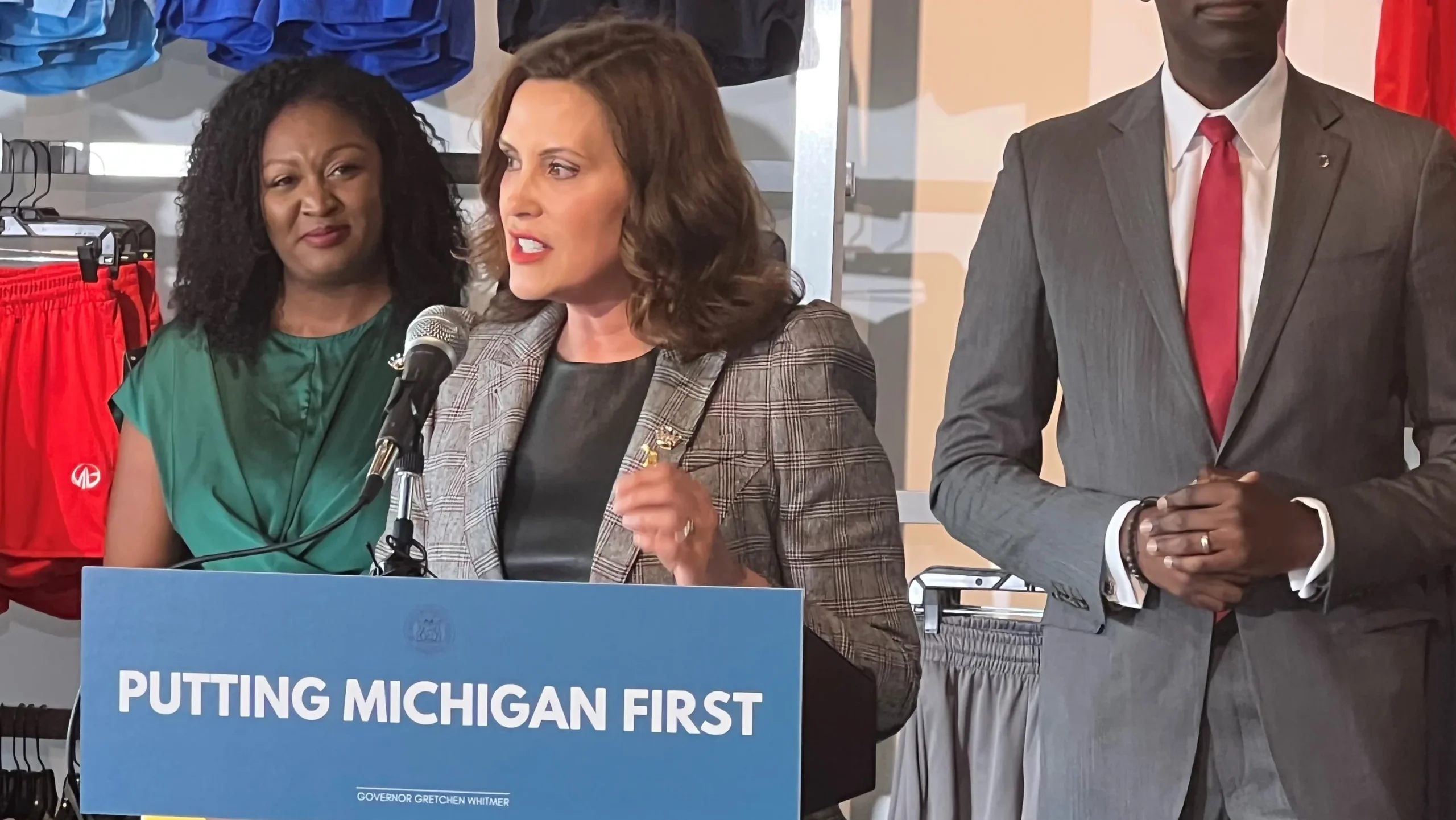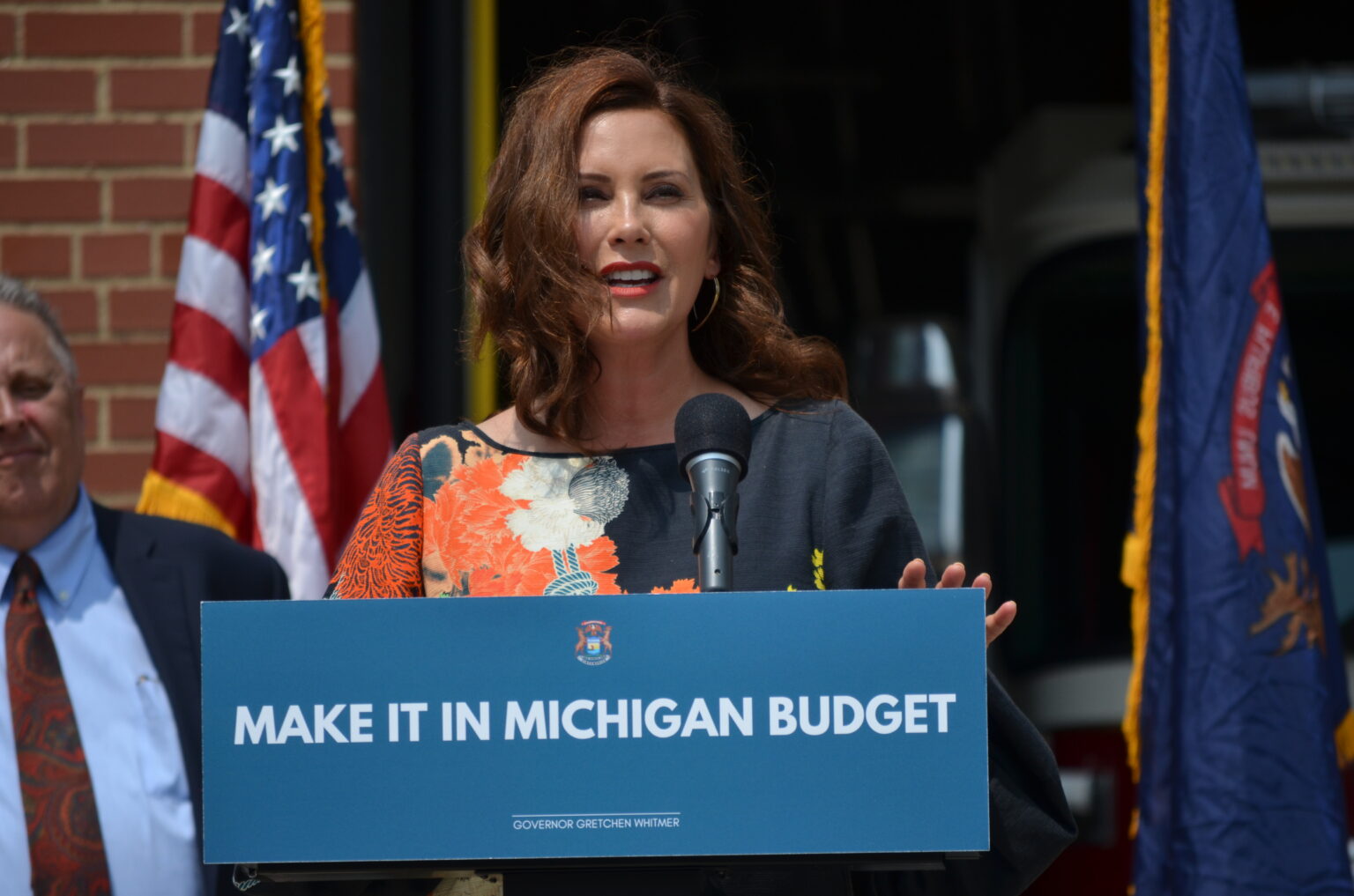Partisan Disagreements Marked Marathon Budget Session
School Aid Allocations and Initiatives Stir Controversy
According to CBS NEWS, in a grueling 19-hour session marked by partisan disagreements Michigan lawmakers successfully passed an $83 billion state budget resolving contentious debates primarily centered on education funding. The final budget package includes a significant $23.4 billion allocation for school aid aimed at implementing key initiatives such as free community college for all and extending free preschool to most 4-year-olds. However, notable tensions arose over the decision not to increase per-pupil funding for school districts marking the first freeze in over a decade. Democrats emphasized implementing cost-saving measures including reduced pension contributions projected to save $598 million to offset other financial demands and ensure budgetary balance.
READ ALSO: Arrest Made Of Ahliana Dickey Shooting Case: Trevor Bady Faces Murder Charges

$83 Billion Budget Passed: Michigan Lawmakers Resolve Education Funding Fears, But Freeze on Per Pupil Funding Sparks Concerns! (PHOTO: The Detroit News)
Education Advocates and Lawmakers Voice Concerns Over Funding Adequacy
Governor Gretchen Whitmer is expected to approve the budget, supporting key proposals like free community college for recent high school graduates. However compromises were necessary especially regarding free preschool now available only to families below 400% of the federal poverty level. These adjustments reflect efforts to gain bipartisan backing. The $59 billion general government spending budget also faced partisan splits showing ongoing disagreements over fiscal priorities.
Despite meeting a self-imposed July 1 deadline for approval reactions from education advocacy groups and lawmakers reflect ongoing concerns regarding the adequacy of funding for K-12 education. Criticisms from the Michigan Association of Superintendents and Administrators have underscored fears of potential layoffs due to inadequate school funding amid escalating costs and the expiration of federal relief funds. As Michigan prepares for the fiscal year starting October 1, the budget’s impact on education quality economic development initiatives like affordable housing projects and the Michigan Innovation Fund and broader fiscal responsibility remains a focal point of public scrutiny and debate.

















































